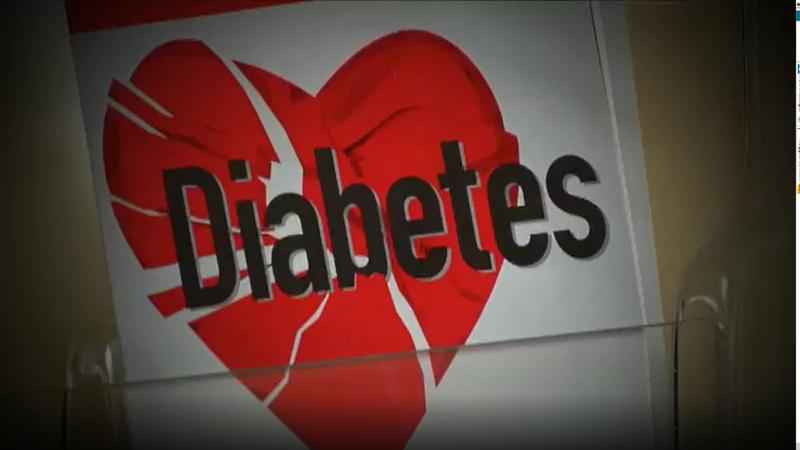CDC: kids w/ COVID at possible higher risk for diabetes
[anvplayer video=”5084227″ station=”998122″]
Kids who have had COVID-19 may have an increased risk of developing diabetes, according to a recent study shared by the Centers for Disease Control and Prevention.
The study included more than 2.5 million patients younger than 18 – and according to the CDC, those who were part of the study that recovered from COVID-19 were 2.5 times more likely to be diagnosed with diabetes a month or longer after inflection.
The study was shared during one of the most infectious times for kids during the pandemic. According to Children’s Minnesota, during the first two weeks of 2022, more than 1,000 kids tested positive in their hospitals. That’s up nearly triple as before the omicron variant was the dominant strain of COVID-19 spreading. Children’s Minnesota was averaging around 150 cases a week.
"We’re actually also seeing an increase in diabetes," Dr. Jennifer Abuzzahab, a pediatric endocrinologist with Children’s Minnesota, said.
Compared to 2020, Dr. Abuzzahab said new patients diagnosed with diabetes increased 30% at Children’s Hospital in 2021. After the CDC study was released, she and her team were learning more about a possible reason why.

[KSTP]
"I think we assume that the increase in diabetes is due to COVID-19 infections," Dr. Abuzzahab added. "And, the CDC study backs that assumption up."
Another organization keeping a close eye on that study is a global leader searching for a diabetes cure, the Juvenile Diabetes Research Foundation (JDRF).
JDRF’s vice president of research, Dr. Sanjoy Dutta, tells 5 EYEWITNESS NEWS he’s read the study twice through, carefully.
"It was disturbing," Dr. Dutta said about why he read it multiple times.
Even so, Dr. Dutta said more work needs to be done before a direct connection with COVID-19 cases and juvenile diabetes can be made.
He says a big reason for that is because the CDC study did not share if the patients were pre-diabetic – meaning patients may have been close to developing diabetes, and COVID put them over the edge.
Dr. Dutta adds if there is a connection, finding out exactly why and how it’s happening will be a top priority.
"We probably will end up commissioning a study, to get to the bottom of all the data," Dr. Dutta said. "We will not rest until we have the answers to these questions."
Fortunately for parents, there are warning signs to keep an eye out for to get ahead of a possible diabetes diagnosis. According to the CDC, those include:
– Thirst
– Hunger
– Fatigue
– Blurry vision
– Frequent urination
– Unexplained weight loss